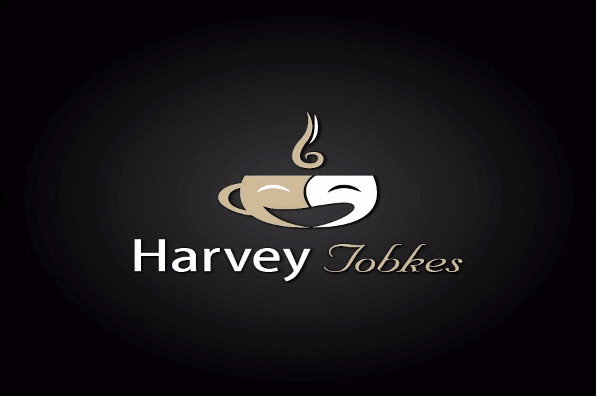WASHINGTON’S DILEMMA
 The lowest point in the American fortunes in the Revolutionary War occurred around Christmas 1776. Washington’s troops, cold hungry, dispirited, in rotting uniforms, with only a week to go before many enlistments were up. Most of the troops had had enough. They were going to quit.
The lowest point in the American fortunes in the Revolutionary War occurred around Christmas 1776. Washington’s troops, cold hungry, dispirited, in rotting uniforms, with only a week to go before many enlistments were up. Most of the troops had had enough. They were going to quit.
At this point, Washington decided on an incredible plan; he would cross the freezing, swollen Delaware River at dawn and surprise the Hessians at Trenton. As he debated the best way to ask his soldiers to undertake the hazardous Mission, an aide handed him a smudged copy of Thomas Paine’s first pamphlet, Crisis.
This, thought Washington, “is better than an extra battalion of fresh troops.” He issued orders that the pamphlet was to be read to every man in his command immediately. And it was, by flickering light of campfires on the shores of the Delaware.
It turned the trick. The men were inspired. They crossed the river, attacked at dawn, easily captured the Hessian garrison, and took 900 prisoners, large stocks of precious munitions, food, medicine and clothing. And the Americans did not lose a man.
What were the magic words of Paine that so inspired Washington’s men? Here they are. Who could resist them?
These are the times that try men’s souls. The summer soldier and the sunshine patriot will, in this crisis, shrink from the service of their country; but he that stands it now, deserves the love and thanks of man and woman.
Indeed, the pen is mightier than the sword.
About this entry
You’re currently reading “WASHINGTON’S DILEMMA,” an entry on Harvey Tobkes.
- Published:
- 08.24.10 0:53
- Category:
- History


Comments are closed
Comments are currently closed on this entry.